If your business is still running on laptops that are more than three years old, it might be time to start thinking about replacing them. Laptops have a shorter lifespan than desktop computers, and new models are coming out all the time with better features and performance. Here are a few signs that it might be time to upgrade your business's laptops:
- The average lifespan of a laptop is three to five years.
- Newer models offer better performance, longer battery life, and sleeker designs.
- Your employees may be experiencing slowdown or other issues that can be alleviated by upgrading to newer machines.
- If you're still using Windows 7, you'll need to upgrade soon anyway since Microsoft is ending support for the operating system in January 2020.
So if your business is due for an upgrade, don't wait too long - new laptops can make a big difference in productivity and employee satisfaction. Establishing a modern mobile device asset management strategy will help your organization maximize the value it gets from its laptops.
If a business laptop is more than three years old, it's time to start thinking about replacing it.
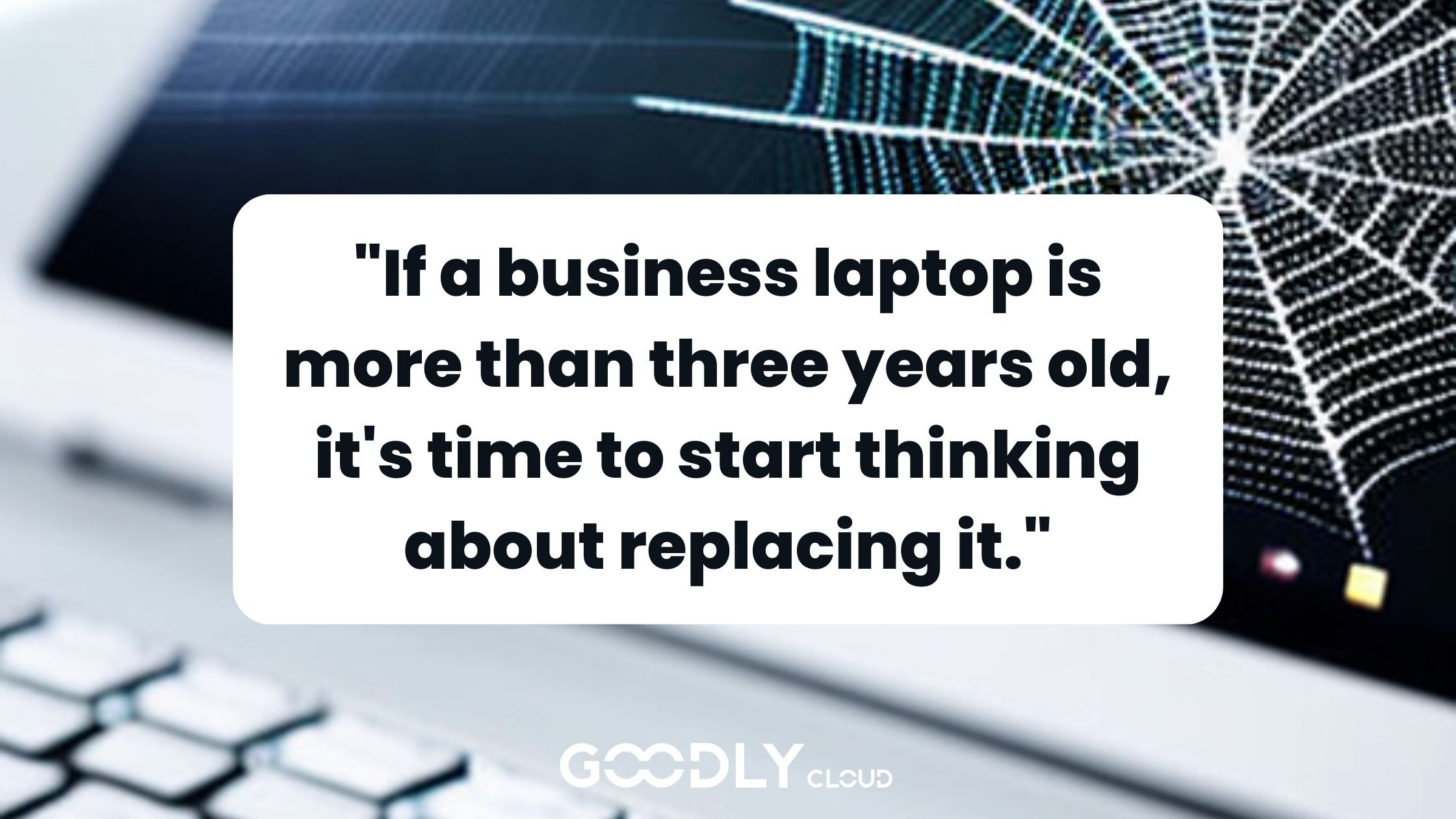
Over the past three years, the computer technology industry has progressed leaps and bounds. If you have a laptop that is over three years old, it likely isn't able to keep up with the latest software updates - let alone provide reliable performance. Furthermore, asset management teams will have difficulty in deploying new technologies due to downward compatibility issues. As such, it's time to start thinking about replacing your older laptop with a newer model to ensure your computing needs are met.
If a laptop is having hardware or software issues, it might be time for an upgrade.
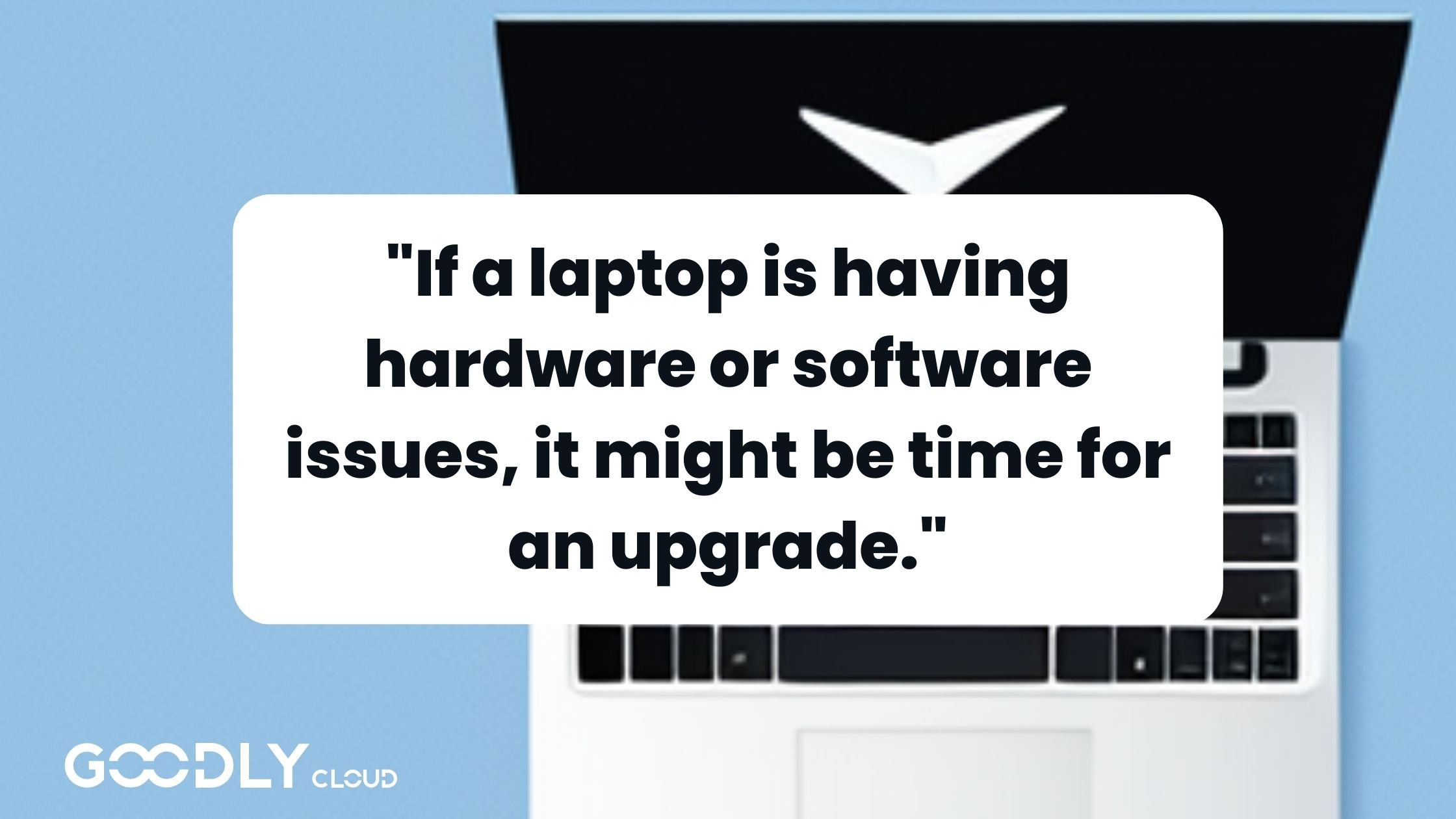
Employees' productivity can be significantly impacted by having an outdated laptop, especially if it has hardware or software issues. These can range from slow performance to frequent crashes, resulting in time-wasting frustrations that leave tasks unfinished and deadlines unmet. If your employee's laptop is having such problems, it might be time for an upgrade. Investing in a new system with better technology and features can result in longer-term employee satisfaction and improved productivity.
If employees are complaining about the slow speed of their laptops, it's probably time for new ones.
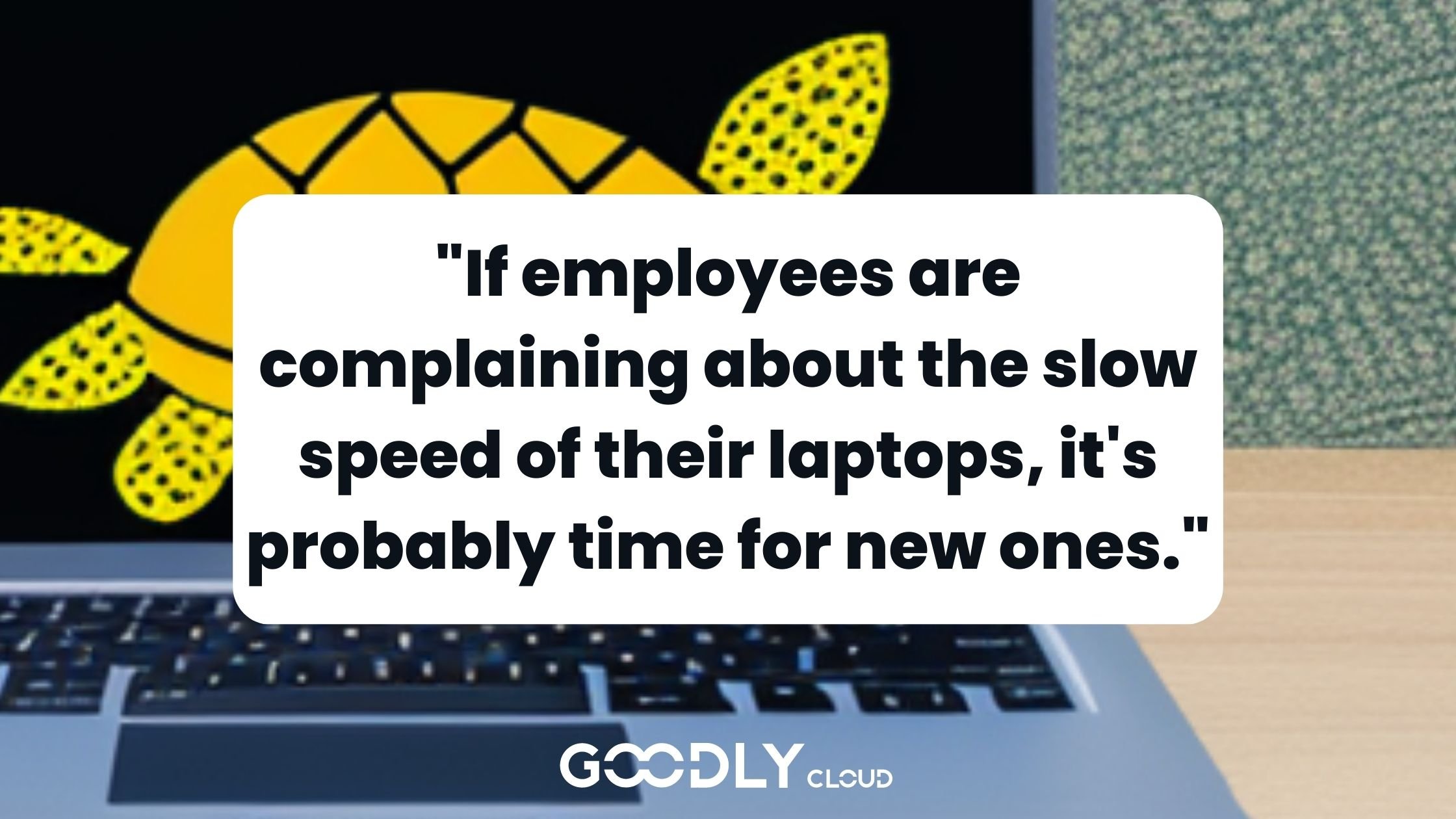
If employee satisfaction is a priority for your business, then it’s time to consider investing in new laptops. If staff are experiencing a slow workflow because of outdated or inefficient technology, it's going to lead to frustration, decreased morale and cost your business time and money. With affordability of the latest tech, newer laptops will usually provide more powerful processors, more memory and better graphics capabilities. Plus all employee data can be safely transferred onto the updated machines. New computers can improve employee productivity and help drive customer satisfaction ratings too. All this adds up to bigger profits for your business in the long term!
Newer laptops will have better battery life, faster processors, and more features than older models.
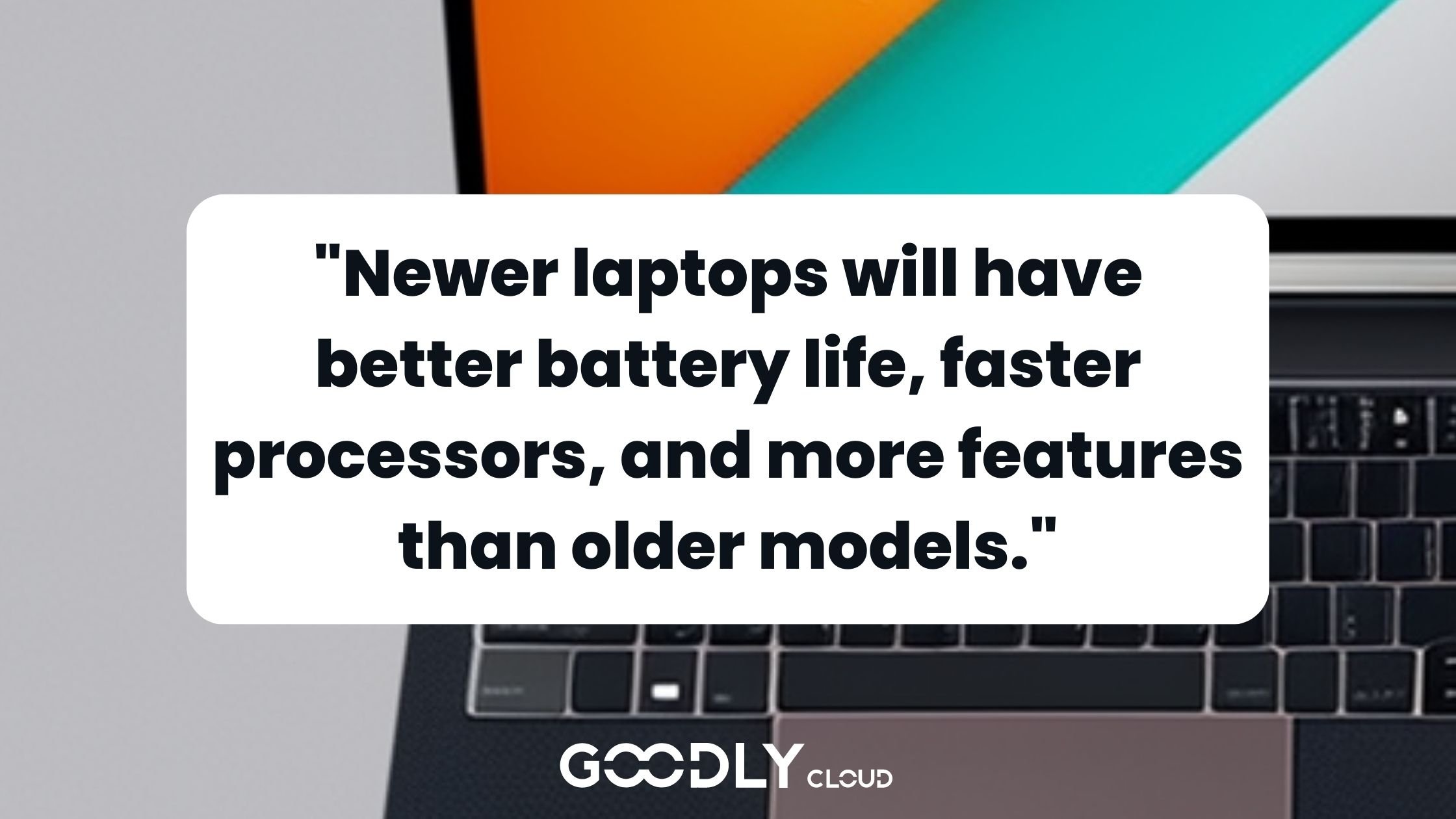
Shopping for a laptop can be overwhelming, but at least there's no denying that many of the newer models have many advantages over the older models. Whether you're looking for battery life, speed, more features or a combination of these three, many laptops released in the last few years will have them all and more. With so many options on the market, it can be difficult to decide which model is best for your needs; taking into consideration the processor type and RAM capacity should help you compare models and arrive at the best decision. Don't miss out on the many benefits that accompany buying a newer model!
It's important to stay up-to-date with technology in order to compete with other businesses.
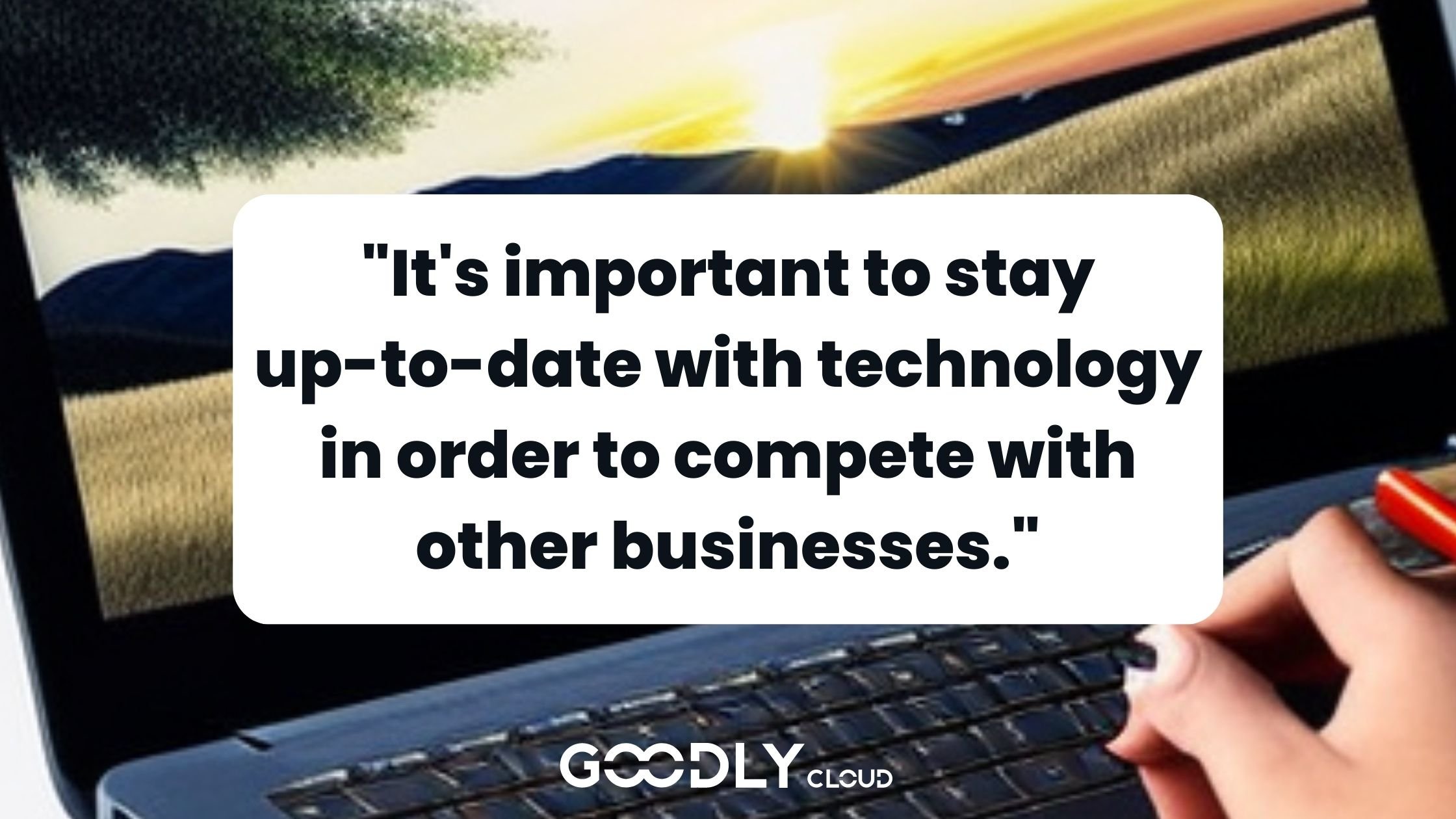
It's becoming increasingly important for businesses to stay up-to-date with the latest technology if they want to keep up with competition. Many experts in the field these days believe that if you're not growing then you're dying, so if businesses wish to remain reliable and profitable in their environment, they will have to have a strong recognition of current trends in the industry and an embracing of technological advances. A business that consistently seeks out opportunities to leverage existing technology and update its processes will have the advantage over competitors who don't. Staying ahead of the curve is essential if companies want to find success.
Laptop replacement can be expensive, but there are ways to save money in the process.
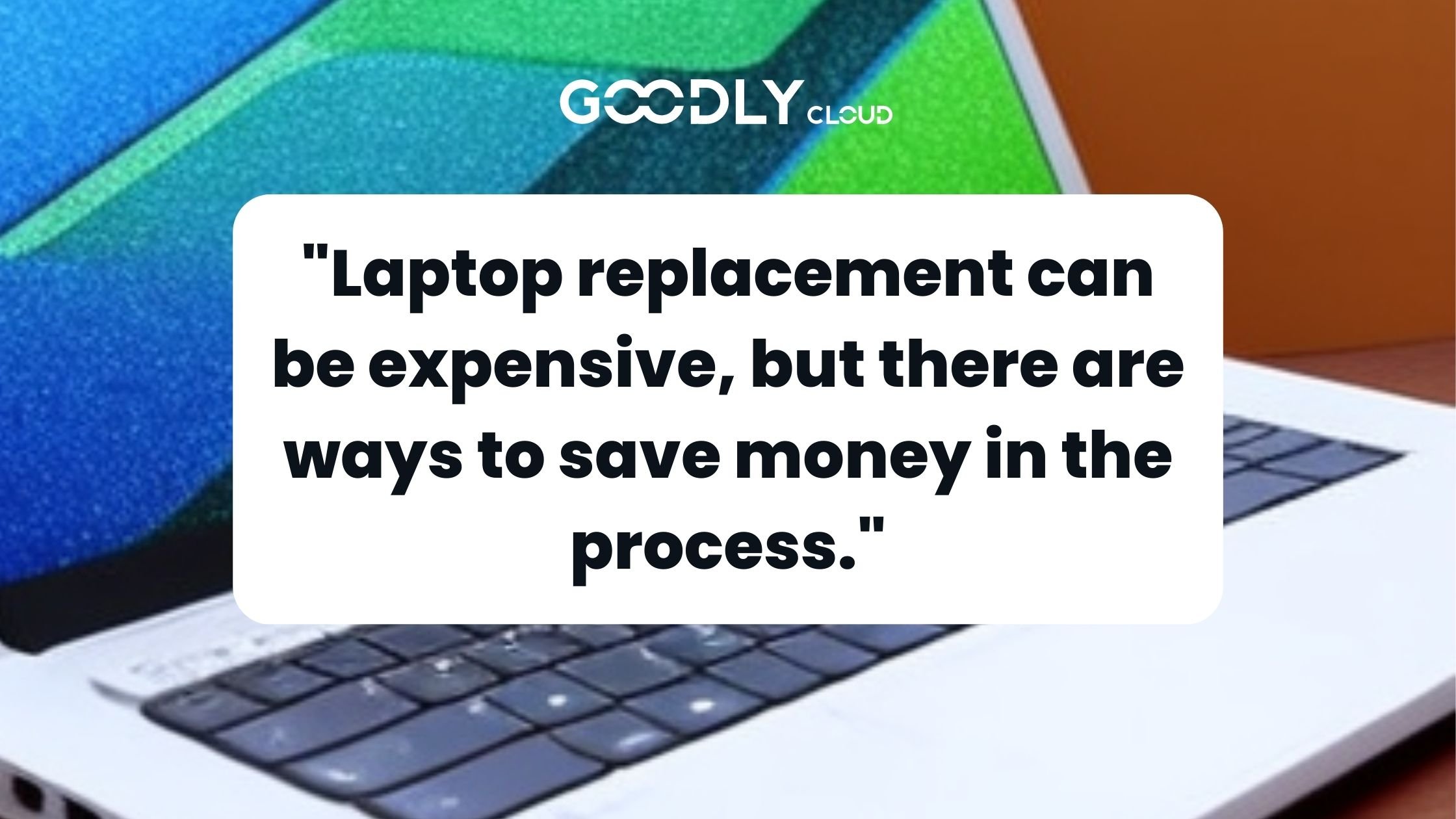
If you're in the market for a new laptop, it can be a costly endeavor. That said, there are several ways to save money on the process. For starters, consider buying a refurbished laptop instead of a brand-new system. Generally speaking, they offer good performance at much lower prices than their brand-new counterparts. Additionally, doing online research ahead of time and looking for sales or coupons can save you money on new systems too. Finally, be sure to check with local stores and retailers for deals that aren't available online. you never know what savings could be uncovered! In summary, laptop replacement doesn't have to break the bank if one takes the time to look around for the best deals.
It is important for businesses to stay up-to-date with the latest technology. Keeping older laptops in use can cause a few issues, such as hardware or software problems, or slow speeds. If a laptop is well over three years old, it's probably necessary to start thinking about replacing it with a newer model. Replacing outdated laptops with more recent ones can help save money in the long run due to the improved battery life and faster processor that come with these models. There are also ways to save money on laptop upgrades which should be taken into account when making decisions for the company. Making sure your business has the most recent laptops is key to staying competitive and getting ahead of the game.
The ideal lifecycle of a business laptop changes from business to business. Goodly Cloud helps organizations make the right lifecycle decisions based on their unique situation and business objectives.

